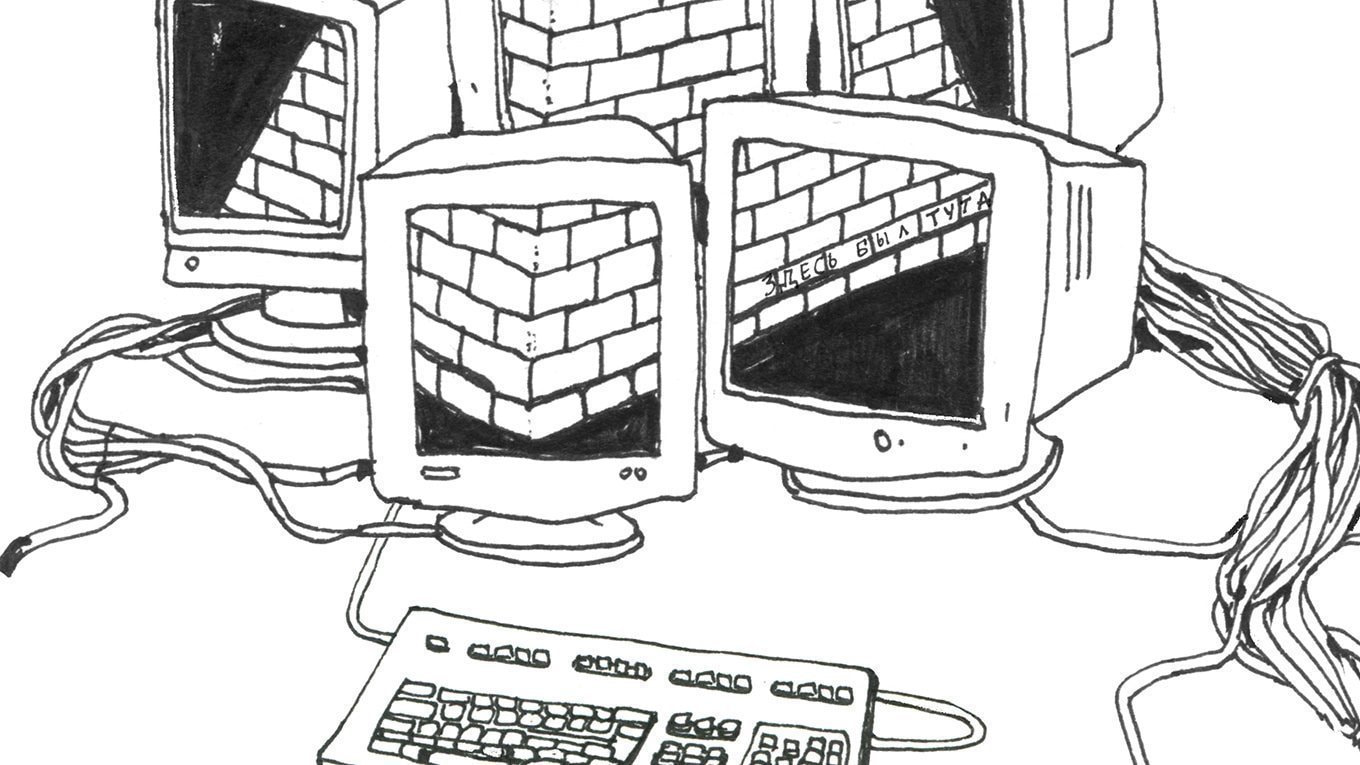Arts of Memory: a cycle of discussions on the past in art practices
The public program for the exhibition by Thomas Demandincludes a cycle of discussions on the construction of public memory in the arts. Contemporary artists, researchers, writers, musicians, and filmmakers discussed the role that various arts play in the thinking and rethinking of the past.
Art plays a key role in the interaction of individuals, communities, and societies with the past. It contributes to our understanding and rethinking of history, our dealing with tragic and traumatic historical events, the construction and preservation of cultural memory, and the creation of the imagery for the present and future.
The cycle of discussions organized as part of the public program for the exhibition by Thomas Demand Mirror Without Memory focuses on the understanding of the past through art practice. Historians write and rewrite history, search for and discover historical facts and offer their interpretations. Politicians instrumentalize and politicize the past, reject certain interpretations and defend or even impose others. Activists fight for the broadening of the historical narrative and the inclusion of histories and voices previously excluded from it. What place do artists hold in this process of rethinking the past? What is their contribution to collective memory work?
Each of the six discussions in the cycle is devoted to one art form and one aspect of art’s engagement with the past.
Discussion. Imagining the Past: Cultural Memory and Fiction in Literature
The discussion looks into the role that novels and other literary genres play in our relationship with the past.
Discussion. Moving Image and a Fluid Past: How Film Pushes the Boundaries of History and Memory
How do contemporary films work with the past? What potential does film offer in terms of rethinking history and expanding the boundaries of the habitual narratives? What opportunities does it give to those who previously had no voice? What new forms do contemporary filmmakers choose to speak about collective trauma, the problematic past, and hidden truths?
Discussion. Beyond the Document: The Past in Theater Practice
The discussion looks into the place that history and memory hold in (the Russian) theater, the specificity of working with the past in documentary theater, and how playwrights and directors work with historical documents.
The discussion explores the question of gender in the Soviet and Russian media. Considering journalism as one of the most important tools for remembering the past, the participants will discuss how the gender policy of the media changed in the Soviet years, how it was influenced by glasnost and perestroika, what transformations it underwent in the 1990s, and how socio-political and historical contexts affect gender attitudes in the Russian media environment today.
